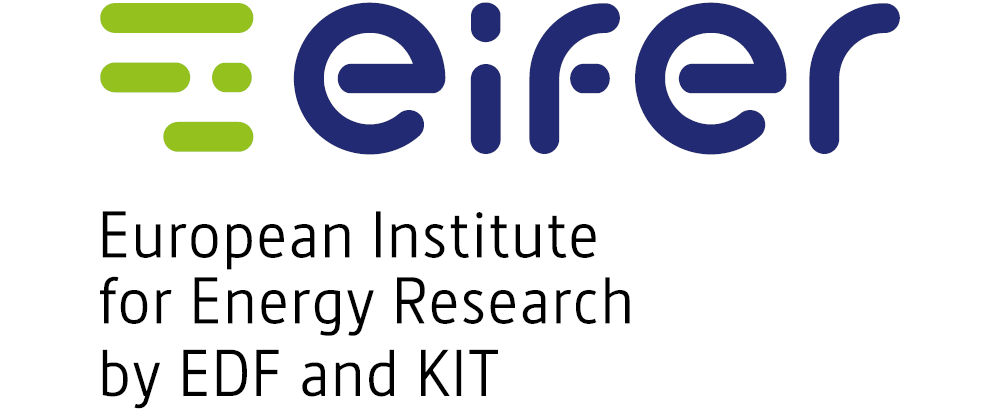Energy Transition, Markets, Environment
Energy transitions are occurring in multiple countries, motivated by the desire for greater sustainability and reduced resource dependency. These transitions are accelerating thanks to technological progress, the decreasing cost of decentralised power generation and storage, digitalisation, and organisational innovations. While they can pose challenges for existing regulation and traditional, upstream-based business models, they also create opportunities for new activities and players, including bottom-up initiatives and digital approaches.
Crucially, the public increasingly expects energy providers to match their modes of action with high standards of environmental preservation. To not only make claims, but also lead the energy transition towards a truly sustainable future, the effectiveness of energy policies and regulation needs regular technoeconomic and environmental review. Evaluating the new energy sector’s overall monetary and non-monetary costs and benefits will help pave the way for new technological solutions and services.
Policy analysis and energy market studies
European energy markets are growing together and local value chains and exchange platforms are gaining in importance. EIFER monitors and analyses the evolution and impact of regulatory frameworks for electricity, heat, gas and mobility at the German and European levels. In our multi-disciplinary work approach, we focus on the nexus between regulation, economics, business and technology. We apply proven scientific methods to:
- Deliver political and legal analyses of energy market reform projects
- Model renewable deployment costs in the long-term
- Assess quantitative impacts on energy markets
- Study the feasibility of new business cases for decentralised energy solutions
EIFER has developed an outstanding expertise on energy transition in a wide range of topics, including market design, power grids, short term and balancing markets, market integration of renewable energies, flexibility, self-consumption, tariffs, system costs and cost allocation, blockchain applications, local energy markets, and e-mobility.
Besides macro and system perspectives, EIFER also considers concrete business models and supports due diligence processes in the fields such as renewable energies, battery storage, e-mobility, aggregation and virtual power plants, self-consumption, and tenant electricity. Our research services include trend and market watches, clarification of regulatory and market access issues, profitability calculations, and sensitivity analyses.
EIFER’s excellent network is enriched by regular exchanges with its members and with stakeholders of the energy industry. We hold active membership in associations such as the French–German Office for Energy Transition and the SmartGridsBW platform, and we are involved in publicly funded projects such as Magnitude, Sim4blocks or MoBILE.
Monitoring rapidly changing environmental regulations and practices
Rapidly evolving political and regulatory situations not only mean that new constraints must be anticipated and managed but also that opportunities can be identified and explored. EIFER actively follows developments in natural capital and nature-based solutions, green accounting and finance, ecological compensation, and biodiversity and ecosystem services. This helps us dynamically adjust our research activities and solution proposals to new needs and concerns.
Developing and testing indicators and methods to make the environment count
EIFER is active in identifying, assessing and mapping biodiversity and ecosystem services. This helps us provide support to decision makers and managers so that impacts, dependencies, risks and opportunities are better understood. We evaluate and apply existing tools and methods as well as developing new ones when necessary. Our multi-disciplinary team’s experience with applied research brings pragmatism into play for finding ways to make the environment count and suggesting the right evaluations for each use and context.
Integrated approach combining environmental assessment with territorial economics
The impact of industrial investment and operations on the environment and society may be beneficial or detrimental. EIFER conducts research into qualitative and quantitative assessments of the environmental and socio-economic consequences of activities. We use diverse methods, such as value creation, environmental accounting, monetisation (with involvement in the development of new standards at the ISO level), social cost–benefit analyses, ecosystem services review, and life-cycle assessment. In these fields, EIFER has been involved in publicly funded projects, including the second update of the methodological convention to calculate environmental cost for the German Federal Environment Agency, ene.field, SCelecTRA and NEEDS.

